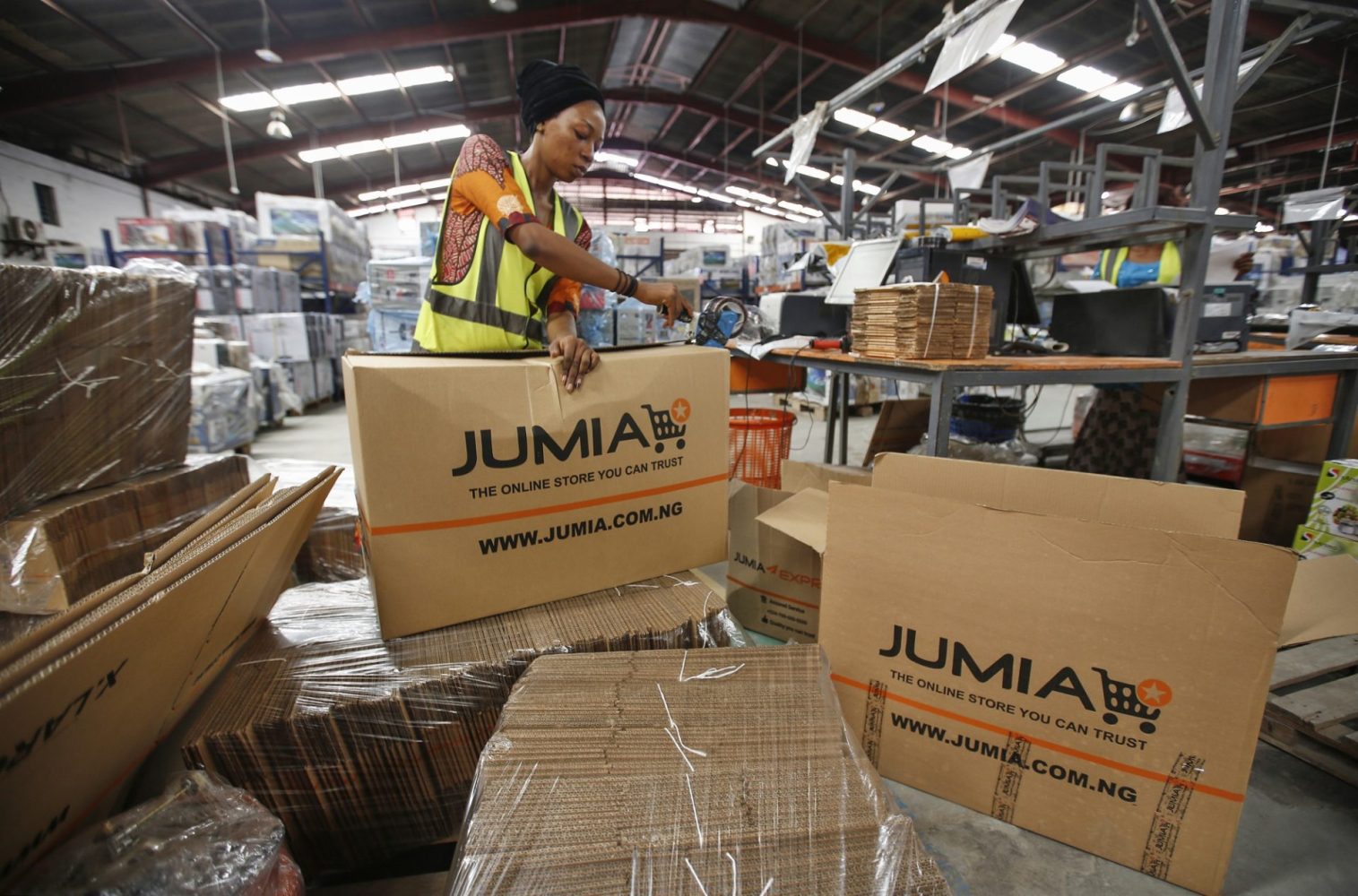Jumia Is Placing Its Chips On Struggling Nigeria In Risky Rejig

African e-commerce giant Jumia is placing its chips on Nigeria, despite the country feeling the weight of economic challenges, in a move aimed at steering itself towards profitability.
Francis Dufay, CEO of the Nasdaq-listed firm, outlined plans to streamline operations in Nigeria by merging its three warehouses into a single sprawling 30,000-square-metre facility in Lagos. This consolidation drive is geared towards trimming expenses while simultaneously expanding its reach to additional cities across the West African nation, he told Bloomberg.
Africa’s biggest e-commerce platform has been keen on profitability and cost-cutting since going public. This has seen it cease operations in some of its markets and offload some challenging verticals, most recently shuttering its food delivery business. Over the past few years, the company has also reduced its advertising spend and laid off workers as part of its cost-cutting efforts.
Nigeria, boasting a populace of 200 million, holds promise for Jumia as it seeks to achieve the critical mass necessary to break even, notwithstanding the hurdles posed by currency struggles and escalating living costs that have prompted several multinational corporations to exit the market.
Dufay expressed optimism, characterising the prevailing macroeconomic conditions in Nigeria as transient, with a forecast of a positive turnaround in the medium term. However, the company’s financials in the first quarter of the year painted a different picture, with an operating loss of USD 8.33 M even as revenue witnessed a modest uptick of 5.7% to USD 48.9 M.
Acknowledging the imperative of scale, Dufay emphasized the need for a lean operational structure to deliver competitive pricing across its services, including delivery, in a bid to cater to Nigeria’s price-sensitive consumer base.
In Nigeria, Jumia confronts the repercussions of currency devaluation, erratic electricity supply, and logistical bottlenecks at ports, which collectively compound the nation’s economic woes. Nonetheless, Jumia remains bullish on Nigeria’s economic resurgence, aligning with governmental efforts to curtail inflation and attract investments.
Nevertheless, Dufay reaffirmed Jumia’s commitment to agility in pricing strategies, underscoring Nigeria’s significance as a pivotal market for consumer demand, and signaling the company’s unwavering determination to navigate the challenges ahead.
In the interim, Jumia is exercising prudence by conserving its cash reserves while concurrently introducing innovative financing options such as buy-now-pay-later to accommodate customers grappling with inflationary pressures.
Featured Image Credits: George Osodi/Bloomberg